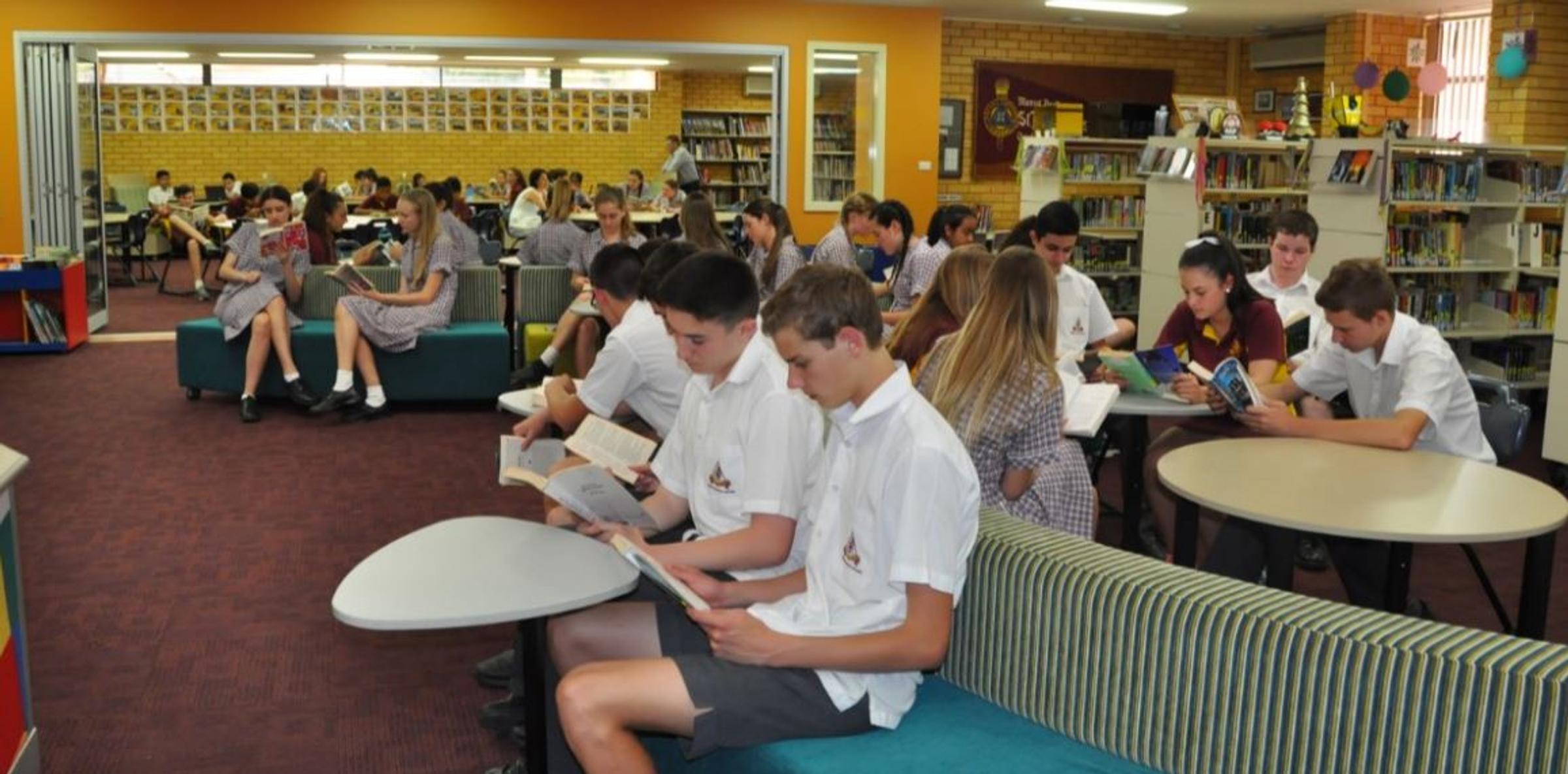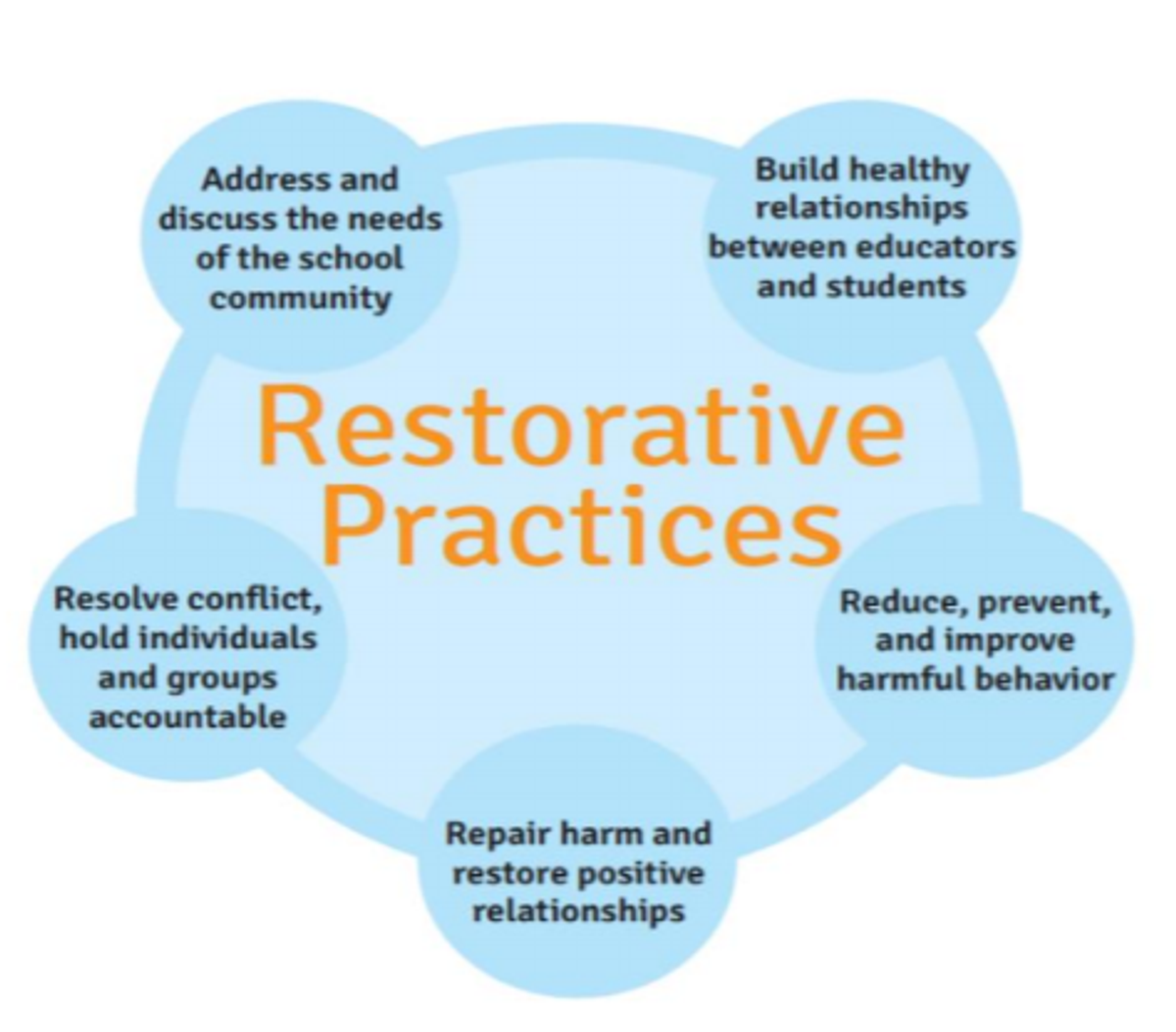Assistant Principal

Learning with Care at Marian Catholic College - Knowing the Why?
At Marian Catholic College, our focus is on developing respectful and responsible learners in a nurturing and challenging learning environment. Teaching and Learning at the College incorporates student faith formation in the Catholic tradition, placing a strong emphasis on academic achievement and high expectations and standards across all areas of school life.
Teaching and Learning at Marian Catholic College centres on three main outcomes:
1. Increasing student academic achievement
2. Building positive relationships
3. Supporting student wellbeing and resilience
A key and successful teaching practice with a pastoral care approach that both nurtures and challenges our students and the school community is ‘Restorative Practice.’ Restorative Practice Processes have informed the learning needs and the pastoral care processes at this College for some years. This approach significantly supports our Marist and Merc traditions and values. Included below is an abbreviated article by Peta Blood that provides a rationale for restorative practice in schools and outlines how it may look in practice with students.
Restorative Practices – Building Connectedness and Fostering Emotional Literacy By Peta Blood
Intrinsically, schools are social places and learning is a social process. Students do not learn alone but rather in collaboration with their teachers, in the company of their peers, and with the support of their families. Emotions can facilitate or hamper their learning and their ultimate success in school’. (Zins et al. 2004) One of the biggest issues teachers face is how to manage the day to day difficulties and disruptions in the classroom or what we commonly refer to as “discipline.”
Standard practices of discipline tend to rely on blame, alienation, exclusion and lead to disconnection from the school community. This disconnection has been connected to an increase in significant challenges for disconnected students in the wider community including involvement in youth crime, substance abuse, social concerns and issues. Our standard disciplinary systems may fail to address core relational issues, based instead on the principle that an offence is a breach of the school rules and an offence against the school, akin to our judicial system.
Standard disciplinary systems ask 3 questions:
Who is to blame?
What rule did they break?
and What is the punishment?
Alternatively, Restorative Practices is grounded in the principle that when something happens, it harms and damages relationships.
A different set of questions are asked:
What happened?
Who has been harmed/affected?
and What do we need to do to repair that harm?
It is only when I can take responsibility for what I have done and how that has affected you, that you will feel safe enough to tell me how I have harmed you and together we can explore what needs to happen to make amends. Rather than stigmatising and excluding students, it is saying – you are part of our community, we value you, but your behaviour in this instance is not OK. So what do we need to do to include you back into our Community?
Therefore, Peta Blood’s article articulates how Restorative Practices can provide a range of informal and formal practices that assist in the development of social literacy at three levels:
1. The informal preventative and proactive strategies and practices that build and strengthen relationships
2. Problem solving around day to day problems, difficulties and conflicts, and
3. Formal interventions to deal with significant issues of harm, with a focus on repairing relationships when something has happened to damage our Community
Wishing you all the best for a safe and happy weekend.
Mrs Tonetta Iannelli
Assistant Principal – Learning and Teaching

